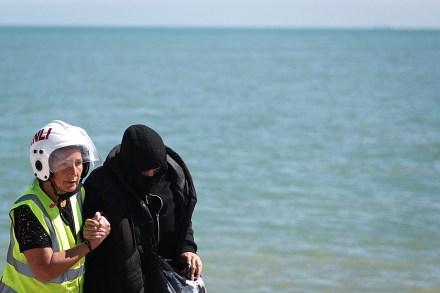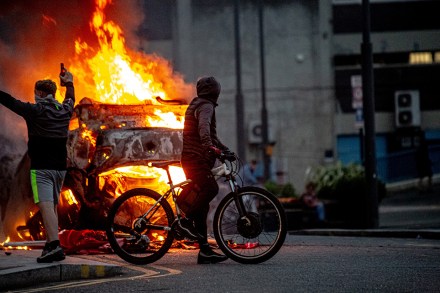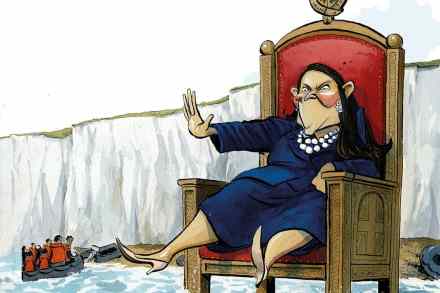Mixed signals for Labour as GDP rises but the rich leave
13 min listen
The Prime Minister is in Albania today to focus on immigration: the government has announced that the UK is in talks to set up ‘return hubs’ with other countries to send failed asylum seekers abroad. Unfortunately for the government though, also going abroad are Britain’s millionaires. In the cover article for this week’s Spectator, our economics editor Michael Simmons writes that London lost 11,300 dollar millionaires last year alone. These figures run in stark contrast to today’s news that GDP increased by 0.7% in the first quarter of 2025. This continues a trend of mixed signals for Britain’s economy. Also on the podcast Spectator editor Michael Gove discusses his interview with justice secretary











